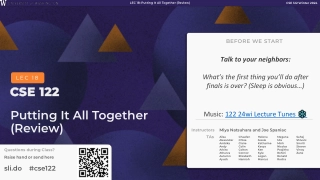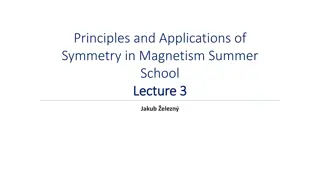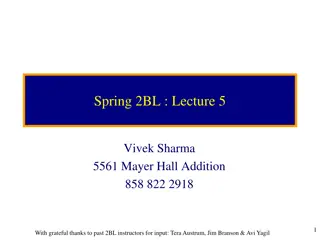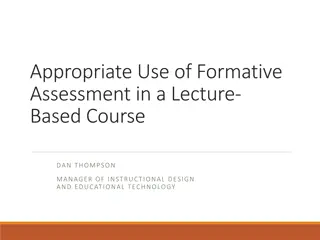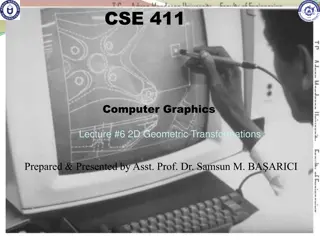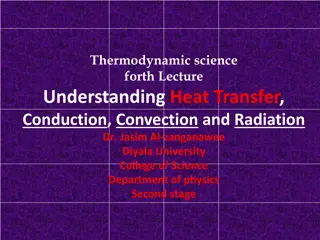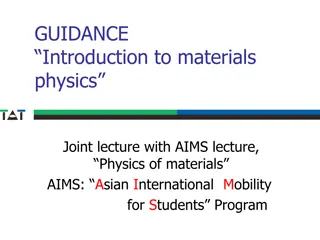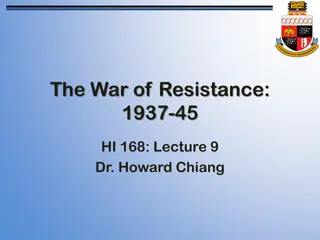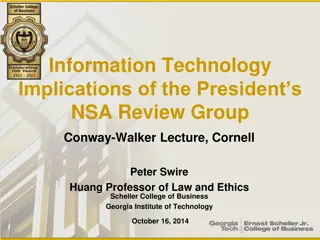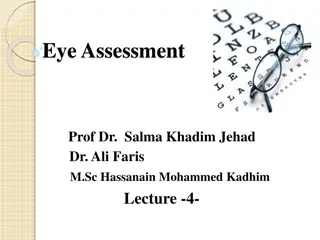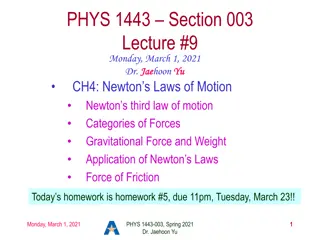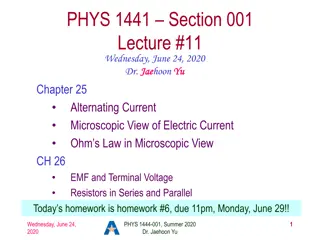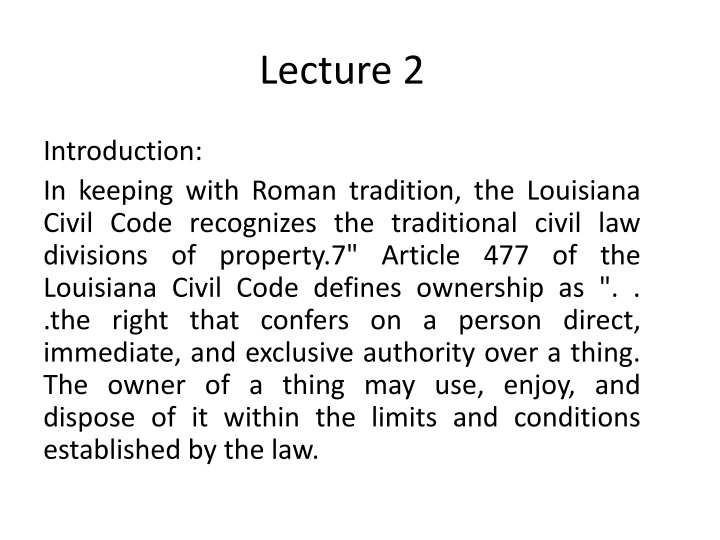
Louisiana Civil Code: Ownership, Usufruct, and Property Divisions
Discover the Roman-influenced concepts of ownership, usufruct, and movable vs. immovable property as recognized in the Louisiana Civil Code. Learn about rights, limitations, and traditional divisions within civil law.
Download Presentation

Please find below an Image/Link to download the presentation.
The content on the website is provided AS IS for your information and personal use only. It may not be sold, licensed, or shared on other websites without obtaining consent from the author. If you encounter any issues during the download, it is possible that the publisher has removed the file from their server.
You are allowed to download the files provided on this website for personal or commercial use, subject to the condition that they are used lawfully. All files are the property of their respective owners.
The content on the website is provided AS IS for your information and personal use only. It may not be sold, licensed, or shared on other websites without obtaining consent from the author.
E N D
Presentation Transcript
Lecture 2 Introduction: In keeping with Roman tradition, the Louisiana Civil Code recognizes the traditional civil law divisions of property.7" Article 477 of the Louisiana Civil Code defines ownership as ". . .the right that confers on a person direct, immediate, and exclusive authority over a thing. The owner of a thing may use, enjoy, and dispose of it within the limits and conditions established by the law.
Lecture 2 Q : define the concept of usufract? The Louisiana Civil Code allows for someone to convey only the usus of a thing, conferring in favor of a person a specified use of an estate less than full enjoyment (not the abusus or fructus.) This is referred to as the right of use. Louisiana Civil Code also recognizes a variation on the right of use called the specific right of habitation, which is a nontransferable real right of a natural person to dwell in the house of another. The
Lecture 2 The civilian concept of usufruct is embodied in Article 535 of the Louisiana Civil Code. "Usufruct is a real right of limited duration on the property of another. The features of the right vary with the nature of the things subject to it as consumables or movables."' The person who owns the usufruct, the usufructuary, is entitled to the use and fruits of the thing subject to usufruct. Further, in keeping with the Roman tradition, the Louisiana Civil Code contains the concept of servitudes, defining a servitude as"... a charge on a servient estate for the benefit of a dominant estate."
Lecture 2 Q : Define the concept of movable and immovable property? The Iraqi Civil Code, while faithful to the civilian tradition, contains an interesting blend of those principles derived from Roman law and Islamic property law. Like its American relative, the Iraqi Civil Code expresses the division of property into the subsets of immovable and movable property. According to the Iraqi Civil Code, immovable property consists of "every thing that is fixed so that it would be impossible to move or convert it without causing damage thereto such as land, buildings, plant(ations), bridges, dams, and mines. Movable property consists of "anything which can be moved and converted without causing damage thereto and includes currency .... commodities ... , animals, and things that can be "measured by volume .... .

